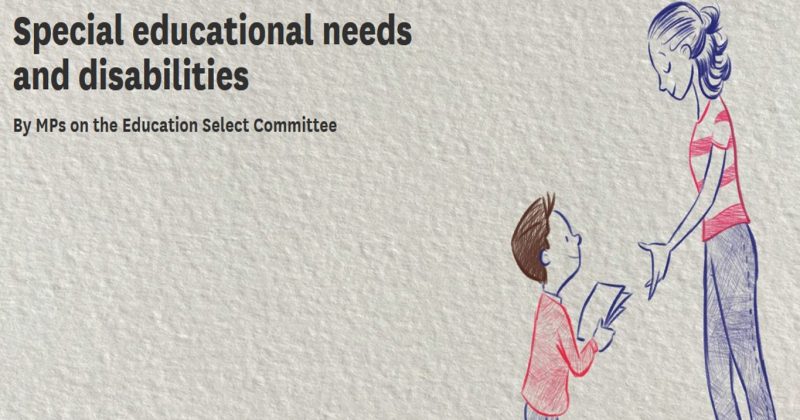Disabled Children and the Equality Act 2010: What teachers need to know and what schools need to do
The Council for Disabled Children (CDC) has recently updated its guide, Disabled Children and the Equality Act 2010: What teachers need to know and what schools need to do. The updated guide has been funded by the Department for Education.
Schools have a range of duties under the Equality Act 2010: to staff, as employees; to parents and others, where the school is providing a service to other people using the school; and to pupils, staff and others who share other protected characteristics as well as disability.
This guide is designed to help teachers understand the legislation and how it applies to their work with disabled pupils in their school. It explains what the Equality Act requires of schools and of governors, trustees and others who are the ‘responsible body’ for the school.
The guide draws on examples of practices that may amount to discrimination or that may help schools to avoid discrimination. Many of these examples are drawn from the decisions of...




